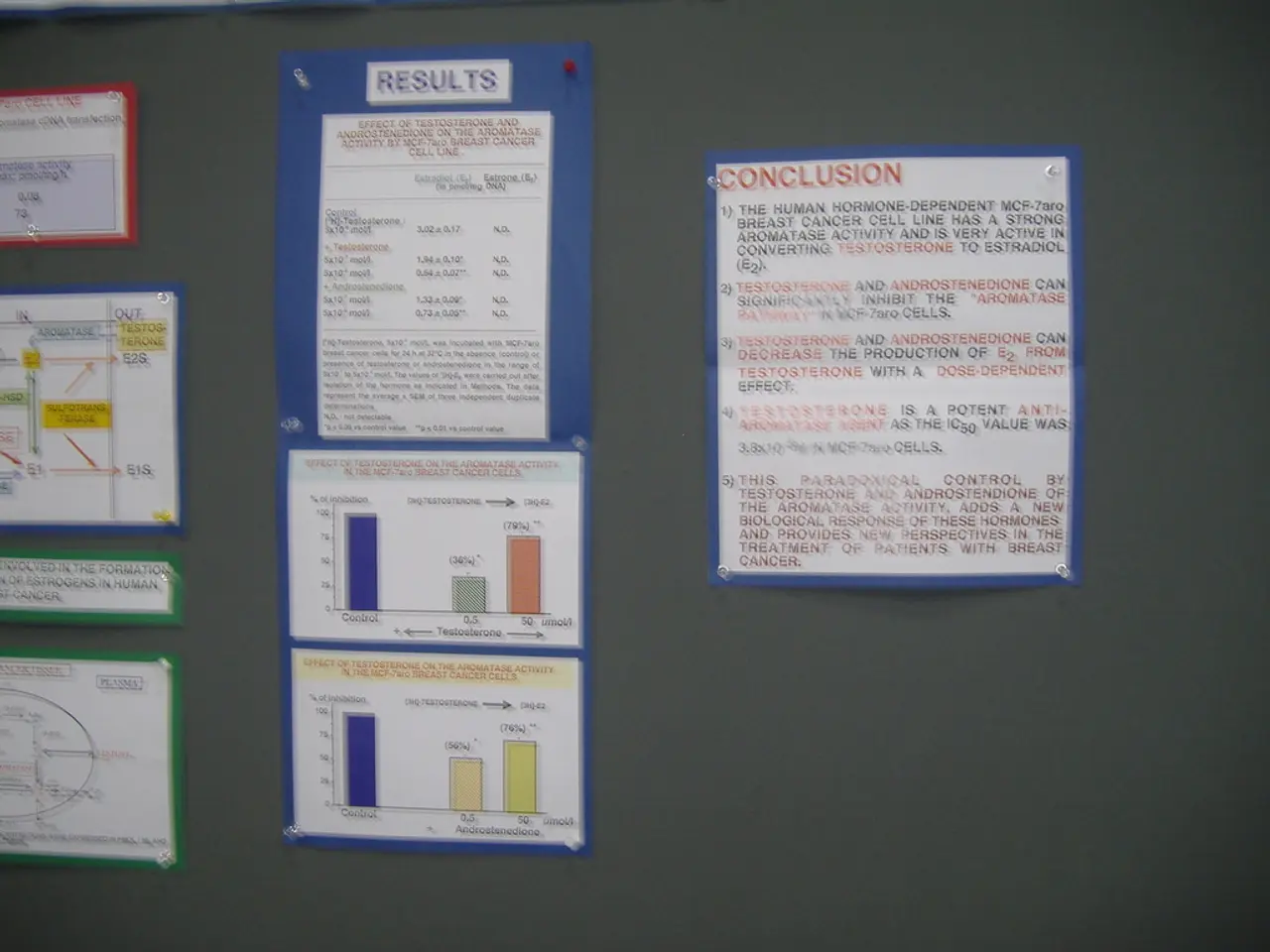Unveiling the Aftermath: Schleswig-Holstein's Budget Amendments and Northvolt Crisis
Expands government budget with additional financial plan - Expanded budgetary proposal offered by the administration
Hey there! Today we're diving into the fascinating world of state budgets, focusing on Schleswig-Holstein's latest moves and the impact of the Northvolt predicament.
- *
In a recent turn of events, Schleswig-Holstein's government has introduced a draft for a budget amendment, driven by factors such as the delayed Northvolt bonus and lowered supply and interest expenses. Finance Minister Silke Schneider (Greens) stated after a cabinet meeting that the emergency credit initially planned for 2025 would no longer be necessary, allowing them to finance the remaining expenses from the regular budget.
The Northvolt saga has taken a dramatic turn—the Swedish battery manufacturer is currently grappling with insolvency issues. As of now, it's uncertain whether and when the conditions for the payment of the promised promotion for the planned battery factory of the company in Heide, amounting to roughly €136 million, will be met. If this occurs in 2025, the coalition intends to provide the funds via a new authorization basis.
The remaining approximately €135 million from the prior emergency credit and further needs of action amounting to €191 million, Schneider aims to allocate as regular provisions. To make up for the shortfall, they intend to reduce supply expenses by €70 million and provisions for interest rate risks by €9 million. This results in an increase of global underspending to be achieved in the budget 2025 to 247 million euros, with a net credit intake decreasing to around €637 million.
"Even if we no longer need the emergency credit in 2025, the consolidation pressure remains high," warned Schneider. The coalition will engage in consultations to close the budget gap by year's end. A second supplementary budget is scheduled for the fall to refinance the emergency credits from the year 2024, totaling around €492 million.
These credits are not immediate repayments but rather reclassified in the budget. Schneider plans to utilize the planned higher debt allowances for states for this purpose. The Landtag is slated to decide on the first supplementary budget in July.
Origianlly, the black-green state government had initially planned to respond to the constitutional court ruling only in the fall with a budget amendment. The judges in Schleswig had declared the authorization for taking up emergency credits in the previous year's budget as unconstitutional, criticizing the lack of constitutional-compliant repayment plans. In 2025, too, the coalition had partly financed the budget using an emergency credit.
- Budget Amendment
- Emergency Credit
- Schleswig-Holstein
- Silke Schneider
- Schleswig
- Northvolt
- State Government
- Insolvency
Let's dabble in some intriguing insights:
The ongoing instability surrounding Northvolt, having filed for bankruptcy in March 2025, carries significant financial repercussions for both the German federal government and Schleswig-Holstein. Northvolt's factory in the works near Heide had received around €600 million from Germany's state-owned development bank KfW, with the federal government and Schleswig-Holstein holding half of that convertible bond each. Additionally, €20 million was set aside for interest and legal costs.3
Early 2024 EU Commission approvals included direct subsidies amounting to about €700 million (of which €137 million was from Schleswig-Holstein and €564 million from the federal government) for Northvolt. Unfortunately, these funds have yet to be disbursed, casting a shadow of uncertainty over the project's future.3
This predicament has become a burning topic in the Bundestag Budget Committee, leading to parliamentary scrutiny and questioning of current and former Federal Ministers for Economic Affairs about the financial management and consequences for the federal budget.3
To tackle this fiscal pressure, Schleswig-Holstein's broader strategy includes controversial cost-saving measures, such as the switch from Microsoft software to open-source alternatives in hopes of saving tens of millions of euros. However, this switch also brings hidden operational costs and transitional challenges.1
Here's where we stand:
Schleswig-Holstein faces continued budgetary strain due to the consequences of Northvolt’s insolvency—a crisis that may necessitate emergency credits or budgetary adjustments to manage the fallout. The state government intends to maintain investment capacity amidst this upheaval, utilising cost-saving measures as part of a broader strategy to consolidate the budget.
Parliamentary scrutiny at both federal and state levels may lead to tighter controls and revised fiscal oversight frameworks to prevent similar costly insolvency risks in the future.
Stay tuned for further updates on Schleswig-Holstein's budget outlook—it's promising to be an interesting ride!
- In response to the ongoing insolvency issues at Northvolt, Schleswig-Holstein is considering channeling funds from vocational training programs to help cover the unexpected expenses caused by the Northvolt crisis, as part of their broader cost-saving strategy to consolidate the budget.
- The financial ramifications of Northvolt's insolvency have made vocational training funding a potential source for coverings expenses in Schleswig-Holstein's budget, as the state government seeks to navigate the impact of the crisis while preserving investment capacity.




